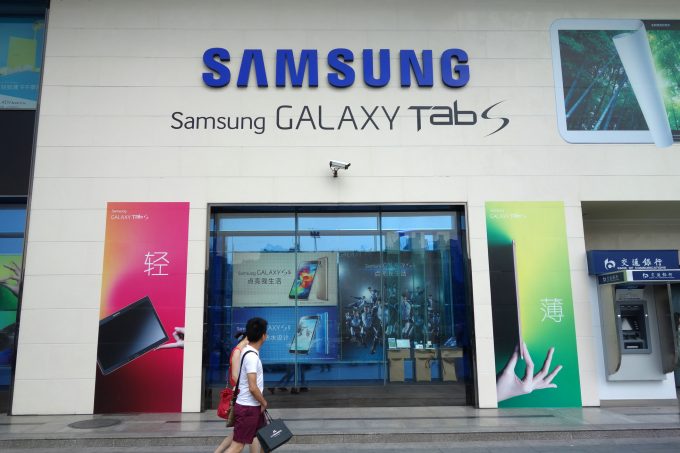CNS: rumours of its demise may be premature
Speculation that the CNS Partnership event may have run its course seems premature. Attended by some ...

Airlines must ban the shipment of defective Samsung Galaxy Note 7 phones if they want to comply with IATA’s dangerous goods regulations.
However there could be a short-term boost for cargo carriers as Samsung tries to replace the fashionable smartphones quickly.
So far, a handful of carriers, including Finnair, Qantas, Aeroflot and Air Canada, have issued notices saying they won’t carry the phones, which have been recalled over problems with their lithium batteries, which can catch fire.
The rules state: “Lithium batteries identified by the manufacturer as being defective for safety reasons, or that have been damaged, that have the potential of producing a dangerous evolution of heat, fire or short circuit are forbidden for transport (for example those being returned to the manufacturer for safety reasons).”
An IATA spokeswoman said: “If airlines knowingly carried the old version, or shippers sent them via air, they would be breaking DG rules and subject to repercussions. What these [repercussions] would be would depend on the state.”
However, she added: “We don’t believe that any airline would knowingly carry defective lithium batteries. Airlines are required to have in place a safety management system in which they look at risk and then how to lower the risk to an acceptable level.”
Samsung has recalled 2.5m of the large-screen smartphones in at least 10 countries and promised to send replacements out as quickly as possible – which could trigger air freight charters as it rushes to fulfil the pledge before losing customers.
It is not yet clear what will happen to the defective phones, and how Samsung plans to dispose of the batteries. It is thought they will be returned via ground transport to Samsung Service Centres.
The manufacturer has issued an update in some markets preventing phones from fully charging to prevent fires in the meantime. Both EASA and the FAA have issued warnings about carrying the defective phones in aircraft cabins, and dozens of airlines are issuing rules about the carriage of the phones by passengers.
The Note 7 first went on sale in August, but soaring demand meant Samsung had to change its launch date in some markets. It was expecting to sell around 15 million.
Samsung has had a tough month. It had some $38m worth of stock stuck on Hanjin ships in the US and is continuing to fight Hanjin in a New York bankruptcy court.
Samsung was not available for comment.
Comment on this article